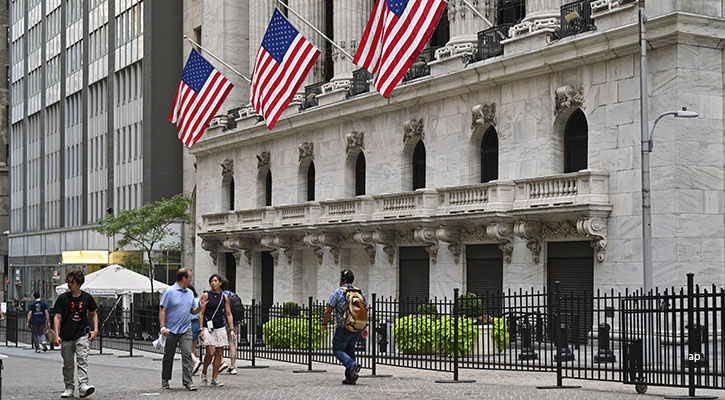
The Morningstar Wide Moat Focus Index tracks companies that earn Morningstar Economic Moat Ratings of wide and whose stocks are trading at the lowest current market prices relative to our fair value estimates.
Wide-moat companies carry sound balance sheets and significant competitive advantages, two desirable qualities in the face of today’s economic uncertainty.
How has this collection of undervalued wide-moat stocks performed in 2023? Pretty well: the Morningstar Wide Moat Focus Index outperformed the broad-based Morningstar US Market Index for the year to date by nearly six full percentage points as of December 15, 2023. The undervalued wide-moat stocks included in the index beat the broader market for the trailing three-, five-, and 10-year periods, too.
With those performance numbers on the index’s side, its constituents are a fertile hunting ground for long-term investors looking for high-quality stocks to buy that are trading at cheap prices.
The most undervalued wide-moat stock on the list, Etsy, was trading 44% below our fair value estimate as of December 15, while the last company on the list, Campbell Soup, was trading 28% below our fair estimate. We think all 10 of these names are high-quality stock ideas for long-term investors to consider.
To keep the index focused on the least-expensive high-quality stocks, Morningstar reconstitutes the index regularly. The index consists of two subportfolios containing 40 stocks each, many of which are overlapping positions. The subportfolios are reconstituted semiannually in alternating quarters on a staggered schedule.
Morningstar re-evaluates the index’s holdings and adds and removes stocks based on a preset methodology. Because stocks are equally weighted within each subportfolio, the reconstitution process also involves rightsizing positions.
After the most recent reconstitution, half the portfolio added seven stocks and eliminated seven stocks (see below) on December 15.
The undervalued wide-moat stocks added to the index hail from a variety of sectors. Three sectors, consumer defensive, industrials, and healthcare, each had two names added to the subportfolio during December. Of the three sectors, however, only healthcare and consumer defensive stocks look undervalued today, trading below Morningstar’s fair value estimate for the sector as of this writing.
Stocks can be removed from the index for a few different reasons: if we downgrade their economic moat ratings, if their market capitalisations fall beneath a certain level, or if their price/fair value ratios rise significantly. More than half of the stocks removed from the subportfolio during the latest reconstitution were pushed out by stocks that were trading at more attractive price/fair value ratios at the time of reconstitution.
That being said, the stocks that were removed shouldn’t always be considered stocks to sell, especially when the removed stocks are still trading in what we’d consider a buying range. They’re just not as undervalued as the stocks added to the index at the time of the reconstitution.
What Are Wide Moat Stocks?
Morningstar thinks that companies with wide economic moats have significant advantages that allow them to successfully fend off competitors for decades. Companies can carve out their economic moats in a variety of different ways—by having high switching costs, through strong brand identities, or by possessing economies of scale, to name just a few.
Over time, we’ve found that the strategy of investing in wide-moat stocks trading at a discount to their fair values has been an effective approach to stock investing. Read more about the approach in “How to Find Stocks Poised to Outperform.”












.png)









